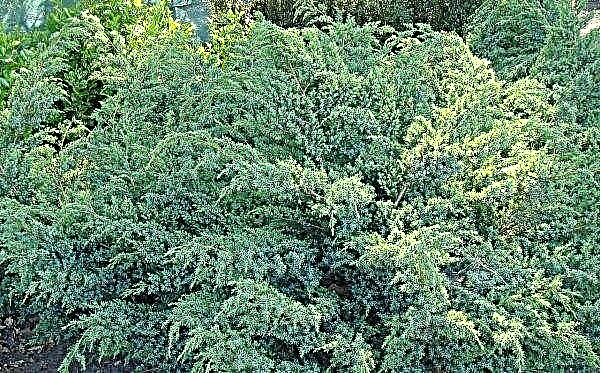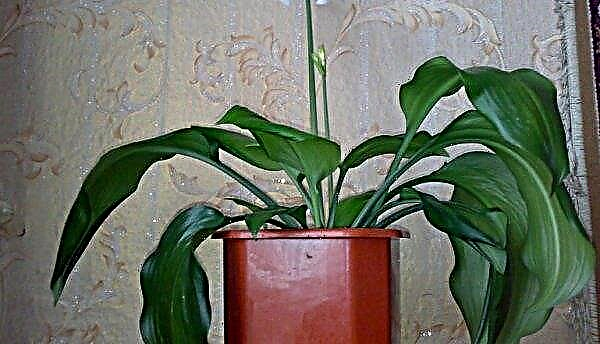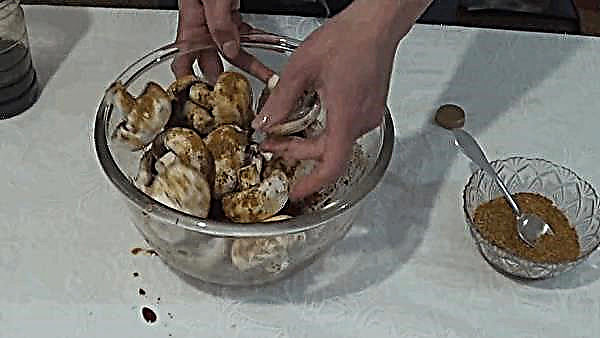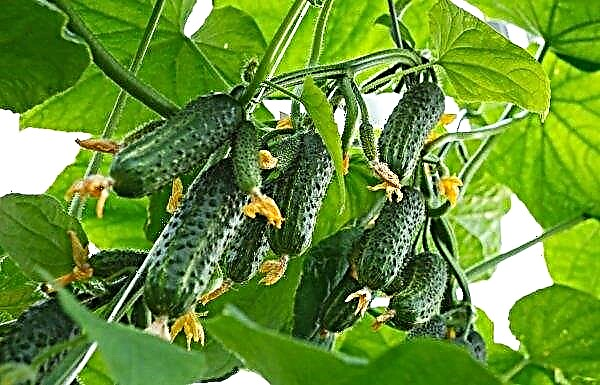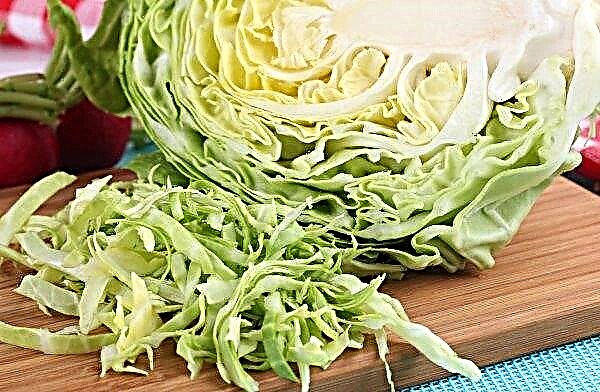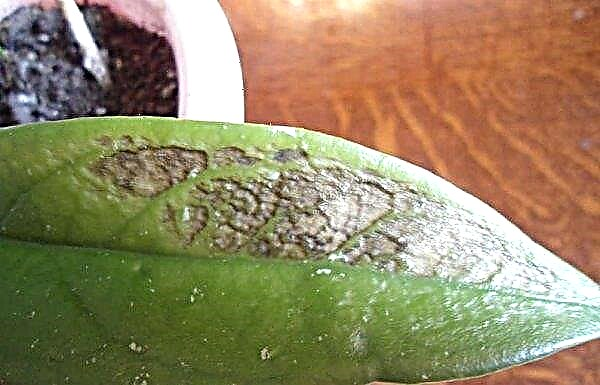The stomach and duodenum are important digestive organs. Their walls consist of several layers, and the innermost layer, the mucous membrane, provides protection against stomach acid and other aggressive substances. An ulcer of the stomach or duodenum leads to damage to the walls of organs in any place. In addition to treatment, nutrition for the disease is also of no small importance. This article focuses on the possibility of patients using ginger for peptic ulcers.
Can ginger with an ulcer
From the point of view of German and American doctors, ginger is very useful (in moderate doses) for patients with a diagnosis of gastric ulcer or duodenal ulcer. At the same time, only a part of Russian doctors share this opinion.

A significant number of practicing doctors of Russia consider it unacceptable to use ginger in patients with a sick gastrointestinal tract, since this product irritates the mucous membrane of the internal organs. According to doctors, this spice can only be successfully used as a prophylactic, and for a sick person, treatment with ginger will be harmful and can only aggravate a painful condition..
Did you know? In the Middle Ages in the UK, 1 pound of ginger cost as much as a live sheep.
Foreign doctors explain their belief in the use of ginger for ulcers of internal organs by the fact that the presence of this root in the diet helps to establish the normal functioning of a disordered digestive system. His warming and stimulating effect significantly improves appetite, promotes the secretion of gastric juice. Experts are convinced that this product can help with stomach lesions, as well as gastritis. Its use helps to treat these pathologies more efficiently and faster.

If an organism has become intoxicated or a person suffers from dyspeptic symptoms (diarrhea or constipation), a ginger diet will also help, because this plant has an excellent cleansing effect that removes harmful substances and toxins from the body. The mild laxative effect of this plant helps with constipation.
Did you know? The Chinese have used ginger root for medical and culinary purposes for over 4000 years. The famous Chinese philosopher Confucius insisted that ginger should be present on the table at every meal to help the digestion of dining people.
Typical ulcer symptoms:
- burning or pressing pain under the right costal arch;
- loss of appetite;
- nausea and vomiting;
- general malaise;
- belching;
- bloating;
- diarrhea and constipation (may alternate).

The stomach
With gastric ulcer, the balance between aggressive effects (for example, stomach acid and bile acid) and protective factors (mucous membrane, good blood circulation) is disturbed. Various factors contribute to the occurrence of this imbalance: first of all, the Helicobacter pylori bacterium, as well as narcotic substances, nicotine and alcohol, and mental disorders.
Important! In addition to bacteria and other specified factors, the development of peptic ulcer is promoted by all kinds of disorders of gastric motility.
Endogenous factors include excessive formation of stomach acid. With a slowing of the emptying of the gastric contents in the body, there is an increase in the return of food from the duodenum. This reflux is mixed with bile. Ultimately, bile acid damages the stomach lining.
German doctors believe ginger is a good alternative cure for stomach ulcers. This root inhibits inflammation and reduces the release of aggressive digestive juices in the gastrointestinal tract.

Duodenal ulcer
Inflammation of the mucous membrane of the duodenum is called duodenitis. This disease can occur both in acute and in chronic form. Patients have inflammatory changes in the mucous membrane: it can be both in the entire duodenum, as well as in its individual areas. The cause of duodenitis is also often the Helicobacter pylori bacterium, but in addition to this, the disease can be caused by many other factors (viruses, other pathogens).
Important! If the patient has symptoms of a duodenal ulcer such as blood in the stool, vomiting of blood, or severe pain, you should immediately consult a doctor.
With a minor lesion of the duodenum, doctors offer treatment with naturopathy, that is, with the use of medicinal herbs. Plants such as wormwood, cinnamon, ginger, dandelion, cloves, yarrow, and calamus are used for this. They are counteract the formation of increased acidity in the body.
The most popular natural cure for this disease (at the initial stage) is also ginger, which is used in small quantities, mainly in the form of a dry powder. With the addition of this dry spice, patients drink tea or a healthy infusion.

Features of use for the disease
If, after examining the patient, the doctor decided to introduce ginger into the diet of the patient with a stomach ulcer or duodenal ulcer, then he usually prescribes to use ginger powder in capsules or in tea, decoctions and drinks. It should be noted that during the day, patients need to take no more than 1 teaspoon of the powder, as otherwise it can cause irritation of the mucous membrane.
Fresh ginger has the same positive effect on the body, but in the case of large ulcers, the use of such a product is absolutely contraindicated, since tea made with fresh root has a more acute taste and composition that irritates the mucous membrane.

Medical workers from different countries have come to a common opinion that ginger root is useful in the treatment of certain diseases and has many useful properties. But since there is disagreement between doctors about the possibility of using this spice in patients with stomach or duodenal ulcers, people with one of these diseases should not risk it, and it might be better to use medication.

